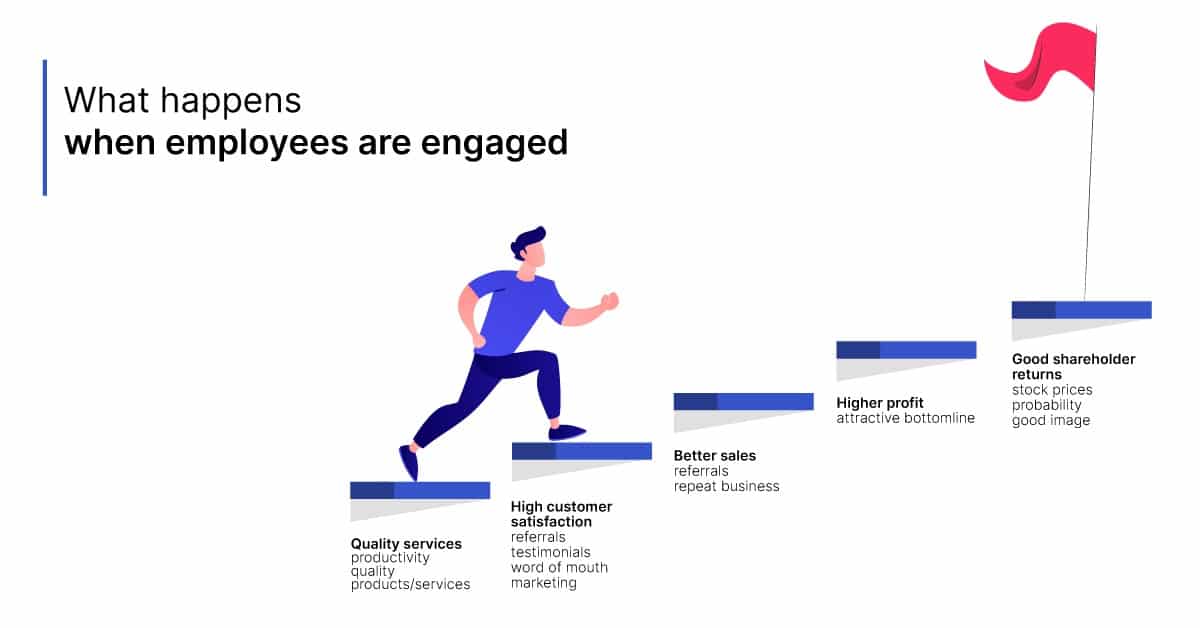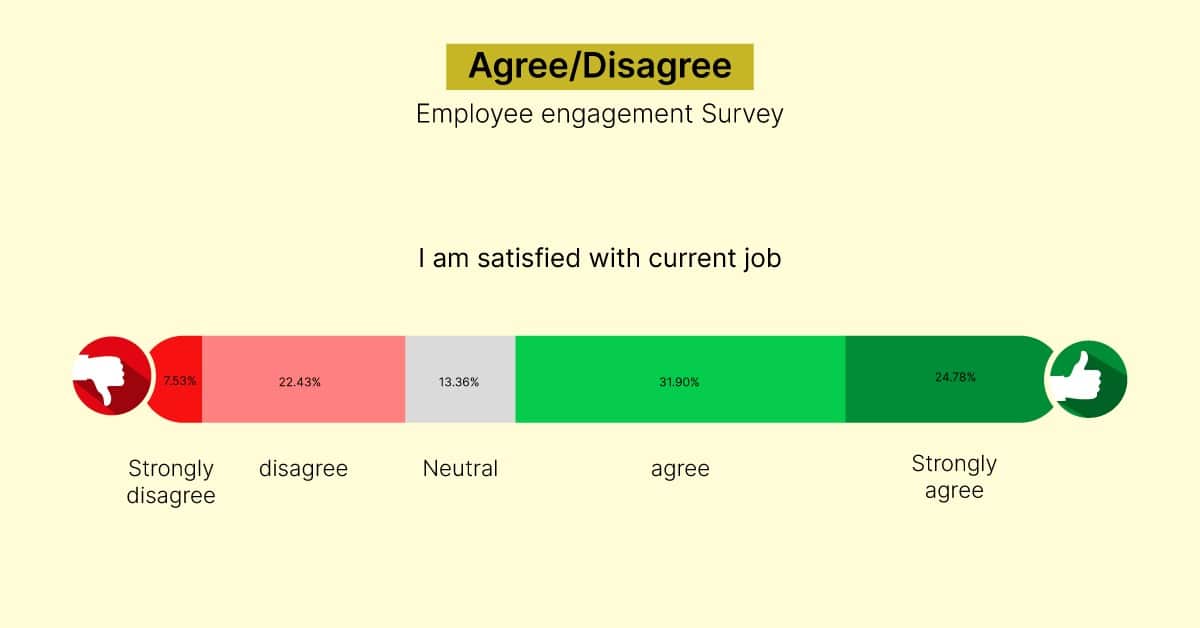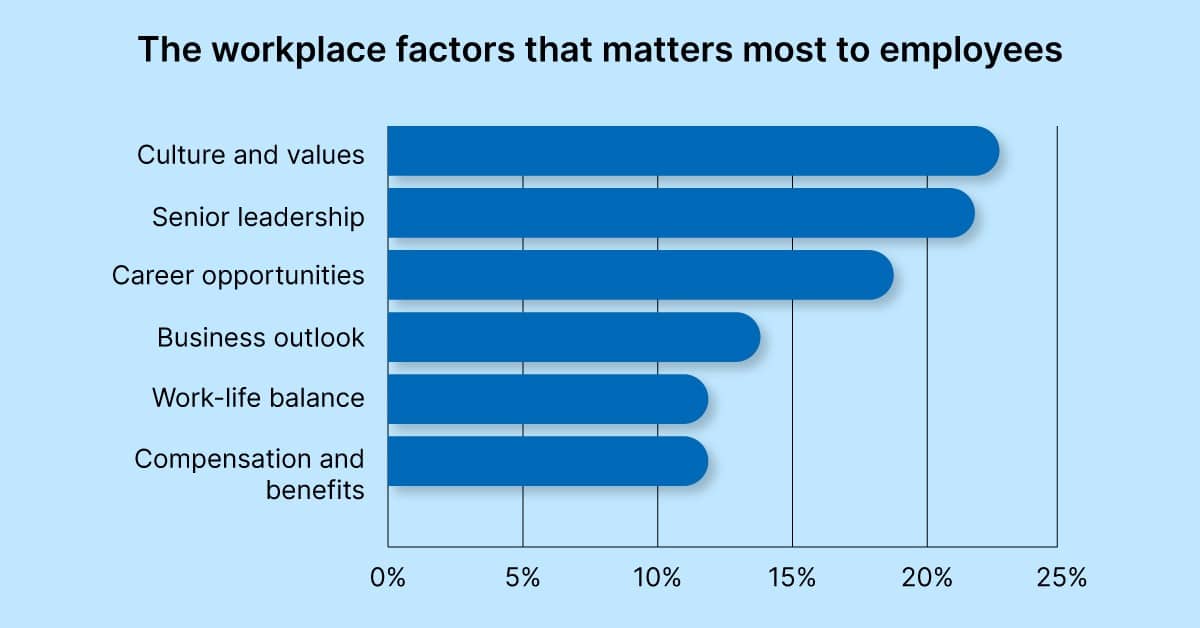
Best Data Collection Tools To Look For in 2024
Best Data Collection Tools To Look For in 2024 SHARE THE ARTICLE ON Table of Contents Data collection software plays a vital role in modern

Find the best survey software for you!
(Along with a checklist to compare platforms)
Take a peek at our powerful survey features to design surveys that scale discoveries.
Explore Voxco
Need to map Voxco’s features & offerings? We can help!
Find the best customer experience platform
Uncover customer pain points, analyze feedback and run successful CX programs with the best CX platform for your team.

We’ve been avid users of the Voxco platform now for over 20 years. It gives us the flexibility to routinely enhance our survey toolkit and provides our clients with a more robust dataset and story to tell their clients.
Steve Male
VP Innovation & Strategic Partnerships, The Logit Group
Explore Regional Offices

Find the best survey software for you!
(Along with a checklist to compare platforms)
Take a peek at our powerful survey features to design surveys that scale discoveries.
Explore Voxco
Need to map Voxco’s features & offerings? We can help!
Find the best customer experience platform
Uncover customer pain points, analyze feedback and run successful CX programs with the best CX platform for your team.

We’ve been avid users of the Voxco platform now for over 20 years. It gives us the flexibility to routinely enhance our survey toolkit and provides our clients with a more robust dataset and story to tell their clients.
Steve Male
VP Innovation & Strategic Partnerships, The Logit Group
Explore Regional Offices

Find the best survey software for you!
(Along with a checklist to compare platforms)
Take a peek at our powerful survey features to design surveys that scale discoveries.
Explore Voxco
Need to map Voxco’s features & offerings? We can help!
Find the best customer experience platform
Uncover customer pain points, analyze feedback and run successful CX programs with the best CX platform for your team.

We’ve been avid users of the Voxco platform now for over 20 years. It gives us the flexibility to routinely enhance our survey toolkit and provides our clients with a more robust dataset and story to tell their clients.
Steve Male
VP Innovation & Strategic Partnerships, The Logit Group
Explore Regional Offices

Try a free Voxco Online sample survey!
SHARE THE ARTICLE ON
Do you want to know how satisfied your employees are with their employment but don’t know what to ask them? Don’t worry, we’re here to assist you.
How satisfied your employees are, depends on several factors such as the workplace, condition of everyday life at their office, their pay, the atmosphere at work, etc.
Ultimately, your employees are the ones who interact with customers on a daily basis and contribute to the success of your organization.
In this blog, we will discuss why you need to conduct an employee satisfaction survey. On top of that, we have provided you with a list of questions you should ask your employees.
Before getting started, let us understand what employee satisfaction actually is.

See Voxco in action
Employee satisfaction surveys are used to assess the degree of satisfaction of its employees with the organization and their jobs. Such surveys are carried out not only to determine how satisfied employees are with their positions but also to determine how dedicated and aligned they are with the company’s goals, vision, and aspirations.
It explores how employees perceive business culture, employee growth, colleague relationships, superior recognition, and other significant concerns.

Unsatisfied employees may become noxious over time, affecting employee morale, fouling the workplace, and increasing turnover. Employees who feel encouraged and happy are more willing to go far beyond.
Low satisfaction can have a negative influence on an organization’s bottom line in a variety of ways. Now, let’s look at why you should conduct an employee satisfaction survey:

Employee surveys are an efficient way for organizations to identify specific employee shortfalls.
Employee surveys, when carried out on a regular basis, assist management in developing training sessions for employees to overcome shortcomings and promote success.

While procuring feedback, organizations prioritize a greater response rate in order to have more precise data. However, in employee satisfaction surveys, the quality of the information collected is more important than the responses.
With access to high-quality data, management may utilize additional insight to support business decisions and implement modifications to provide the best working atmosphere.

Another critical objective of carrying out employee satisfaction surveys is to keep employees onboard for a prolonged period of time.
Organizations invest a lot of effort and resources in their employees from the time they are hired until they leave. This explains why losing employees in the initial stages could be overwhelming.
Now that you have learned the need to conduct employee satisfaction surveys. Let us now explore the questions you should ask your employees.
Learn how to meet respondents where they are, drive survey completion while offering a seamless experience, Every Time!
You might have discovered the fact that asking the right questions is vitally important for creating a highly satisfied workforce.
We have created a list of the top 10 employee satisfaction questions. Let’s have a look.
Employees seek out their own learning opportunities when they believe their employer is not assisting them in avoiding obsolescence. And such learning opportunities are usually found outside of their core firms. This question determines how satisfied your employees are with the training possibilities available at your company.
Managers should recognize an employee’s distinctive skills and give them projects that focus on them. If your survey findings suggest that employees do not feel motivated, you have the evidence you need to call for extra training for them.
Employees spend a substantial amount of time with their coworkers, and therefore they have a major impact on their job satisfaction and inspiration. Being surrounded by passionate and productive people makes work more motivating and enjoyable. This question might reveal communication problems between the employees.
While engagement and gratitude are important factors in retaining employees, so does remuneration. Every employee wants to be compensated and enjoy benefits in addition to their income. It’s a good idea to include questions about your company’s salary and benefits package in your survey.
Your company’s success is dependent on its ability to recruit qualified individuals in a competitive marketplace. Understanding whether or not your workers would endorse your organization is critical, not solely for retention efforts.
However, it also implies that you may reduce the expense of recruiting by encouraging references. It also implies that they are definitely satisfied with employee engagement.
Employers who do not promote open discussions with their employees or who tend to prioritize the opinions of some employees above others can be a big cause of discontent.
Secondly, it might hinder employees from making a stand about serious concerns and contributing useful ideas. For successful management performance, it’s crucial to modify a management style accordingly.
Employee surveys are an effective method for determining the overall level of employee stress. Inquiring about employees’ feelings about their current work-life balance might provide useful information. It is a critical aspect of ensuring long-term employee happiness.
If your organization has a poor level of engagement, it is unlikely that your employees will be dissatisfied in the long run. As a consequence, engaged workers are convinced that they will be prepared to thrive and grow with the company, ensuring a bright future for both.
Asking this question provides better insights into retention issues and potential turnover.
If your employees do not feel valued and acknowledged, they will often leave your organization. If a survey reveals that employees lack a sense of achievement, you have a chance to prove the real-world worth of your company’s work and develop measures that acknowledge the necessary contributions.
Employees that have specific objectives can take the necessary actions to achieve success. If goals and objectives are unclear and yearly performance assessments are unsatisfactory, employees who feel let down by a company’s evaluation system may develop bitterness and disappointment.

We think that these questions will be extremely beneficial to your organization in terms of employee satisfaction. You need to include a variety of question types to obtain a thorough picture of the retention of employees at your firm.
You can also access your employee satisfaction survey template by clicking here.
Read more

Best Data Collection Tools To Look For in 2024 SHARE THE ARTICLE ON Table of Contents Data collection software plays a vital role in modern

Mastering Survey Data Visualization SHARE THE ARTICLE ON Table of Contents Conducting surveys and gathering data is easy. However, the right insights often get buried

Survey Software User Guide: What You Need to Know SHARE THE ARTICLE ON Table of Contents In the research landscape teeming with options, choosing the

Customer Engagement Metrics For Business Success SHARE THE ARTICLE ON Table of Contents In the fast-paced world of business, understanding how to effectively engage with

Top 10 feedback collection tools in 2024 SHARE THE ARTICLE ON Table of Contents Collecting feedback is necessary for businesses and organizations to understand their

Top 5 Customer Engagement Metrics to Measure in 2024 SHARE THE ARTICLE ON Table of Contents As we navigate through 2024, we must be aware
We use cookies in our website to give you the best browsing experience and to tailor advertising. By continuing to use our website, you give us consent to the use of cookies. Read More
| Name | Domain | Purpose | Expiry | Type |
|---|---|---|---|---|
| hubspotutk | www.voxco.com | HubSpot functional cookie. | 1 year | HTTP |
| lhc_dir_locale | amplifyreach.com | --- | 52 years | --- |
| lhc_dirclass | amplifyreach.com | --- | 52 years | --- |
| Name | Domain | Purpose | Expiry | Type |
|---|---|---|---|---|
| _fbp | www.voxco.com | Facebook Pixel advertising first-party cookie | 3 months | HTTP |
| __hstc | www.voxco.com | Hubspot marketing platform cookie. | 1 year | HTTP |
| __hssrc | www.voxco.com | Hubspot marketing platform cookie. | 52 years | HTTP |
| __hssc | www.voxco.com | Hubspot marketing platform cookie. | Session | HTTP |
| Name | Domain | Purpose | Expiry | Type |
|---|---|---|---|---|
| _gid | www.voxco.com | Google Universal Analytics short-time unique user tracking identifier. | 1 days | HTTP |
| MUID | bing.com | Microsoft User Identifier tracking cookie used by Bing Ads. | 1 year | HTTP |
| MR | bat.bing.com | Microsoft User Identifier tracking cookie used by Bing Ads. | 7 days | HTTP |
| IDE | doubleclick.net | Google advertising cookie used for user tracking and ad targeting purposes. | 2 years | HTTP |
| _vwo_uuid_v2 | www.voxco.com | Generic Visual Website Optimizer (VWO) user tracking cookie. | 1 year | HTTP |
| _vis_opt_s | www.voxco.com | Generic Visual Website Optimizer (VWO) user tracking cookie that detects if the user is new or returning to a particular campaign. | 3 months | HTTP |
| _vis_opt_test_cookie | www.voxco.com | A session (temporary) cookie used by Generic Visual Website Optimizer (VWO) to detect if the cookies are enabled on the browser of the user or not. | 52 years | HTTP |
| _ga | www.voxco.com | Google Universal Analytics long-time unique user tracking identifier. | 2 years | HTTP |
| _uetsid | www.voxco.com | Microsoft Bing Ads Universal Event Tracking (UET) tracking cookie. | 1 days | HTTP |
| vuid | vimeo.com | Vimeo tracking cookie | 2 years | HTTP |
| Name | Domain | Purpose | Expiry | Type |
|---|---|---|---|---|
| __cf_bm | hubspot.com | Generic CloudFlare functional cookie. | Session | HTTP |
| Name | Domain | Purpose | Expiry | Type |
|---|---|---|---|---|
| _gcl_au | www.voxco.com | --- | 3 months | --- |
| _gat_gtag_UA_3262734_1 | www.voxco.com | --- | Session | --- |
| _clck | www.voxco.com | --- | 1 year | --- |
| _ga_HNFQQ528PZ | www.voxco.com | --- | 2 years | --- |
| _clsk | www.voxco.com | --- | 1 days | --- |
| visitor_id18452 | pardot.com | --- | 10 years | --- |
| visitor_id18452-hash | pardot.com | --- | 10 years | --- |
| lpv18452 | pi.pardot.com | --- | Session | --- |
| lhc_per | www.voxco.com | --- | 6 months | --- |
| _uetvid | www.voxco.com | --- | 1 year | --- |